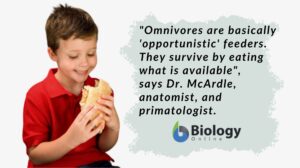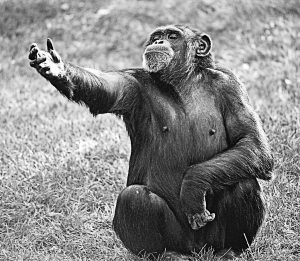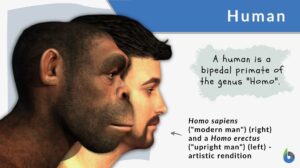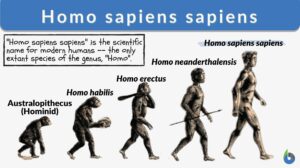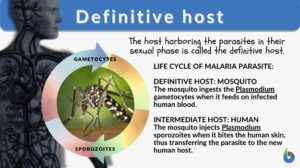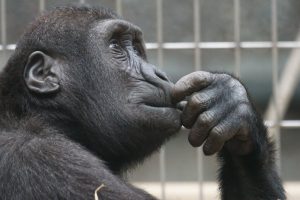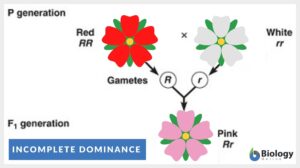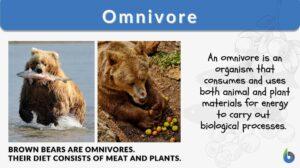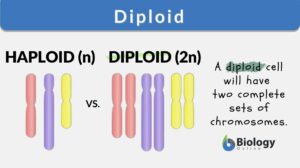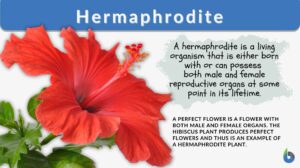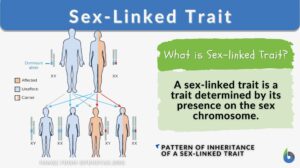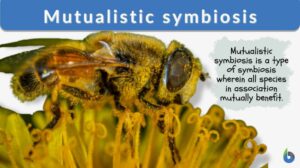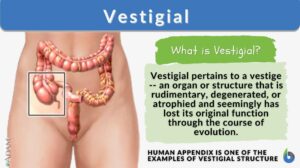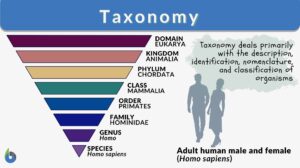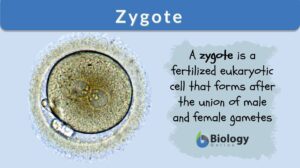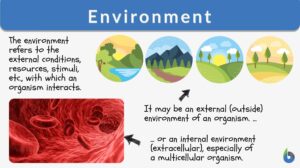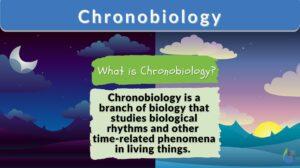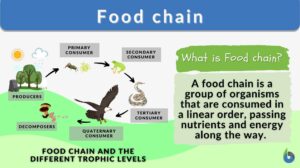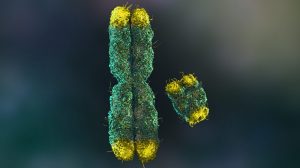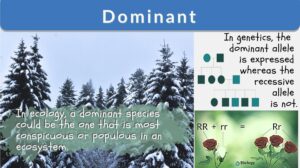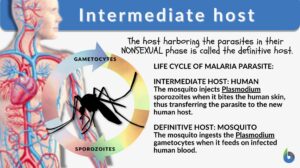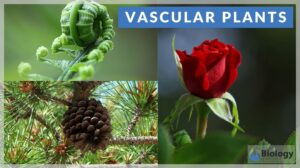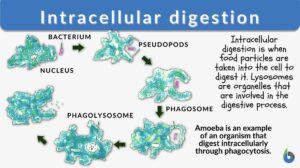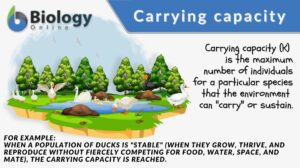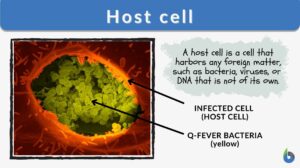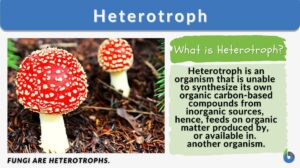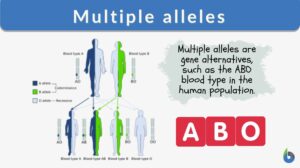Search Results for: humans
Humans are Omnivores – Evidence
A number of popular myths about vegetarianism sprung with no scientific basis. One example of such a myth is that man is... Read More
Regeneration in humans – Finding the gene switch
Regeneration in humans is much more limited compared in other animals. Say for instance when one lost a limb, much as well... Read More
Why Non-Human Primates Don’t Speak Like Humans
Summary: Why are non-human primates unable to speak like humans? A widely-accepted theory associated it with their lack of... Read More
Homo sapiens sapiens
Homo sapiens What are homo sapiens? Homo sapiens is the species of all the highly developed primates on earth, a category... Read More
Definitive host
Different Biological Relationships The biological world is interconnected whether we notice it or not. All the life forms... Read More
Muscles of the Apes – a thwack on human muscle evolution
Summary: A recent finding suggests that apes do have the muscles for bipedalism, vocal communication, and facial... Read More
Reservoir host
Reservoir Host Definition A reservoir host is a host that harbors the pathogen and serves as a source of the infective... Read More
Physical Development in Humans
The Newly Born Child Depending on the nutrients available to the child within pregnancy and the genetic makeup of the... Read More
Incomplete dominance
Incomplete Dominance Definition After Gregor Mendel discovered inheritance laws, the term ''incomplete dominance'' was... Read More
Parasitism
Organisms depend on different sources of food to survive. Larger organisms like plants make their own food (autotrophs) and... Read More
Hermaphrodite
We all know that typically living organisms are divided into two main categories of sex-based on their biological structure.... Read More
Sex-linked trait
Definition of Sex-Linked Traits A sex-linked trait is an observable characteristic of an organism that is influenced by the... Read More
Y chromosome
Y chromosome Definition The Y chromosome constitutes one member of the pair of sex chromosomes within an organism, a common... Read More
Mutualistic symbiosis
Mutualistic Symbiosis Definition In order to understand what a mutualistic symbiotic relationship means, we will break down... Read More
Environment
Environment Definition What does environment mean? If you mean physical environment, then it is defined as the surrounding... Read More
Actions of Caffeine in the Brain with Special Reference to Factors That Contribute to Its Widespread Use
IV. Actions of Caffeine on Brain Functions and Behavior Having discussed the molecular and neuronal actions of caffeine,... Read More
Chronobiology
Chronobiology Definition Chronobiology is a branch of biology that studies time-related phenomena (e.g., biological... Read More
Food chain
Everything is a cycle in life. The way organisms consume their food also follows a cycle. This is usually described as the... Read More
Parthenogenesis
To reproduce, by definition, means to produce new offspring. The process is referred to as reproduction, which is one of the... Read More
Chromosomes X and Y and Sex Determination
Reviewed by: Mary Anne Clark, Ph.D. In humans, the normal chromosome complement is 46, consisting of 22 pairs of... Read More
Commensalism
Commensalism Definition What is commensalism? Literally, commensalism is a Latin word that means ‘to eat at the same... Read More
Intermediate host
Intermediate Host Definition When looking at the relationships amongst different biological members of our biosphere, we... Read More
Vascular plants
Definition of Vascular plants The term 'vascular' is derived from the Latin word vāsculum, vās, meaning "a container and... Read More
Intracellular digestion
Intracellular Digestion Definition What is intracellular digestion? ‘Intra’ means "inside" and ‘cellular’ pertains... Read More
Carrying capacity
Carrying Capacity Definition What is carrying capacity? In biology and environmental science, the carrying capacity of a... Read More
Heterotroph
Heterotroph Definition What is a heterotroph? Does a heterotroph make its own food? In biology and ecology, a heterotroph... Read More
Multiple alleles
Alleles are the pairs of genes occupying a specific spot called locus on a chromosome. Typically, there are only two alleles... Read More
